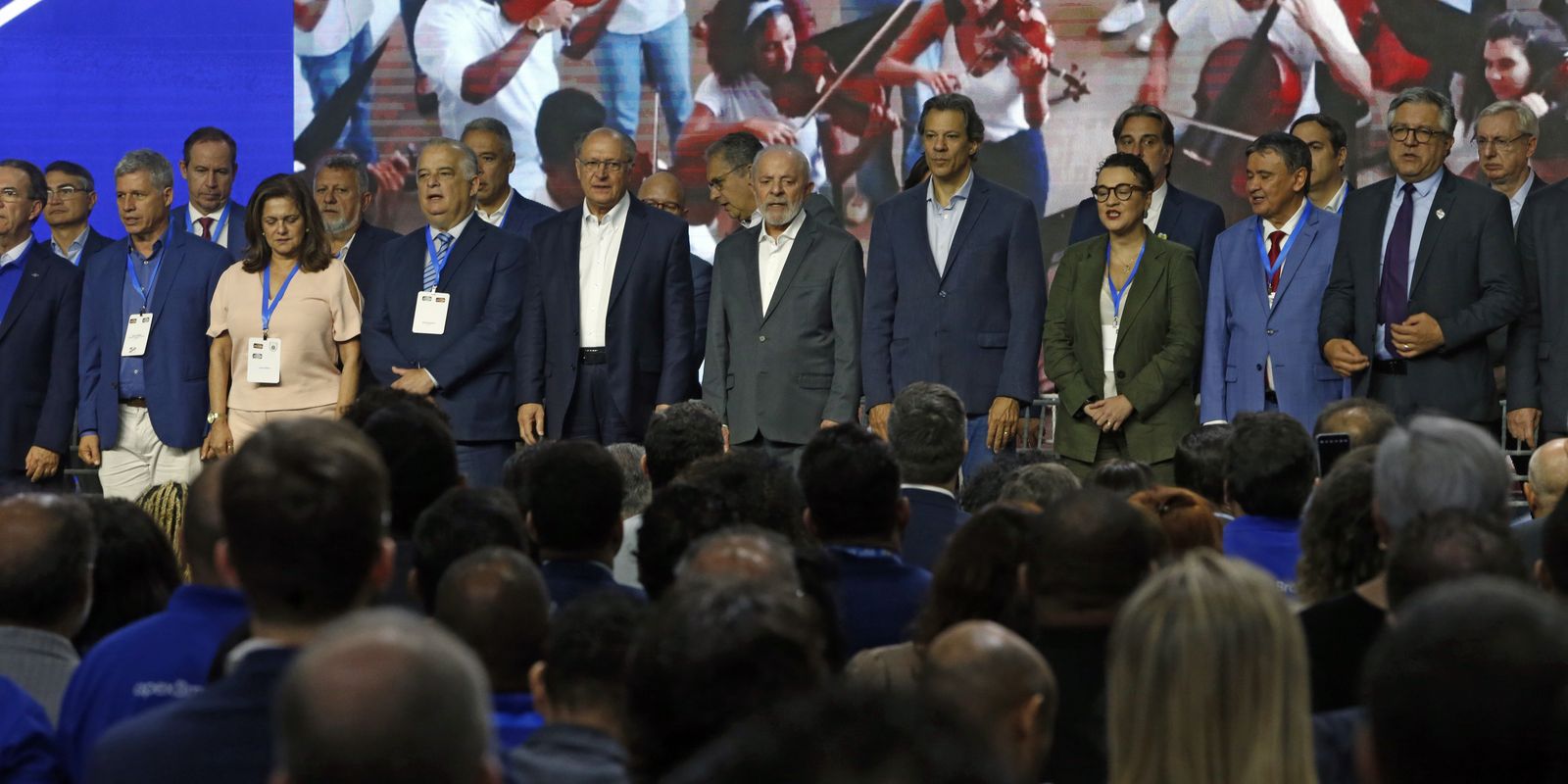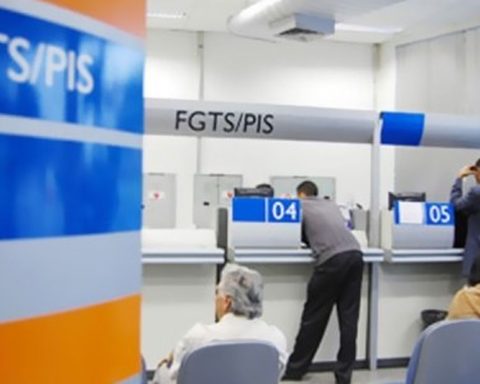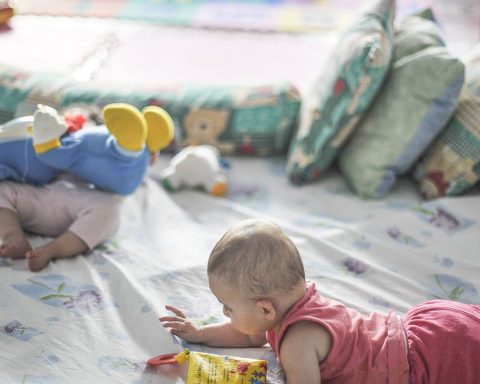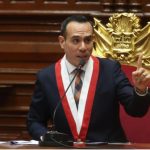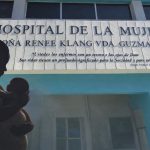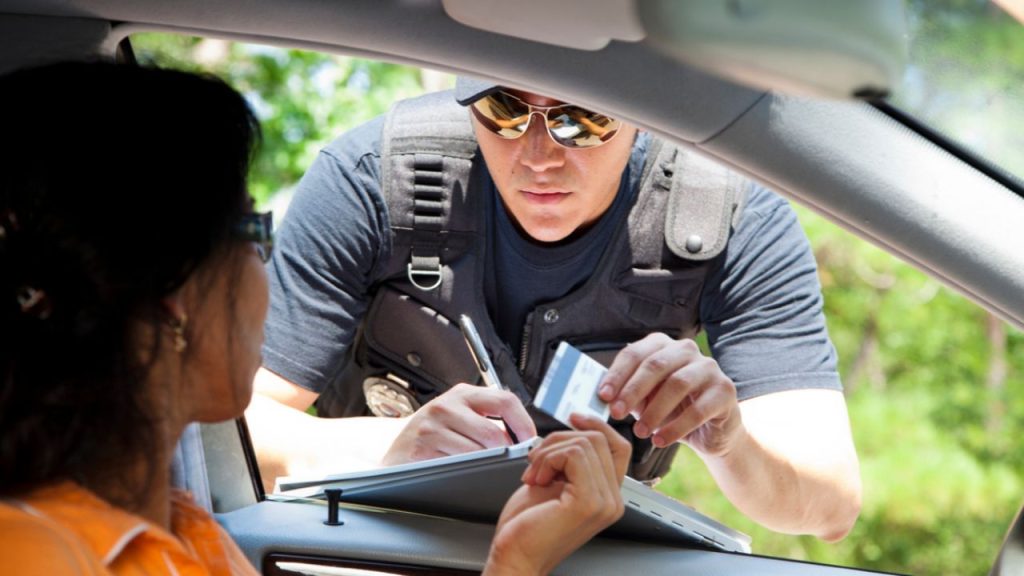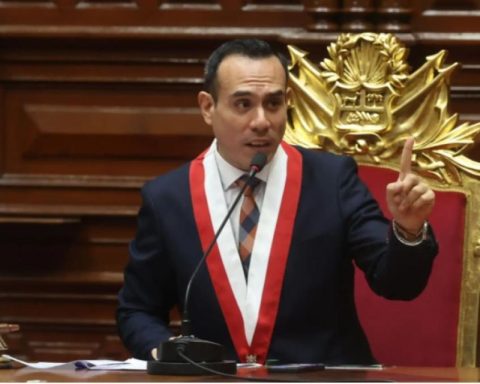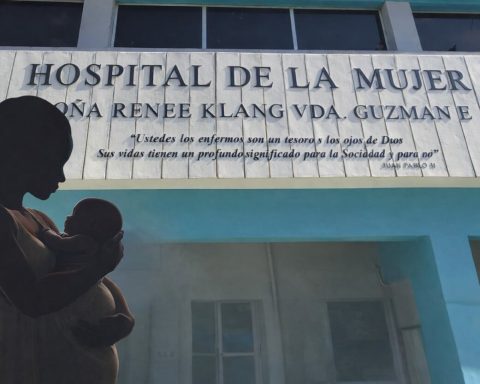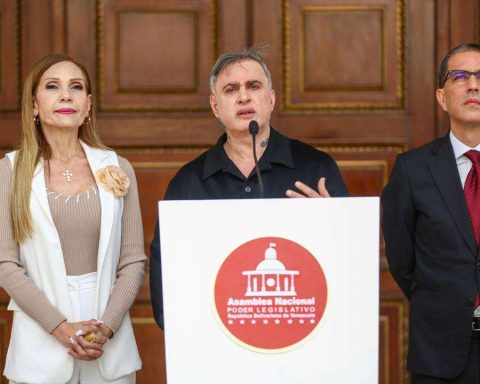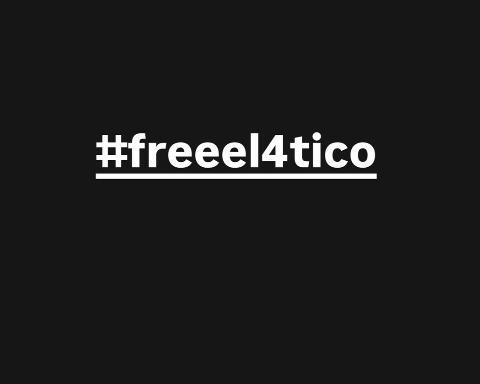President Luiz Inácio Lula da Silva announced, this Friday (18), the expansion of the Believe Program. It is to benefit small business interested in exporting products. During an event in São Paulo, Lula signed a project, to be sent to the National Congress, which allows the adoption of different rates by company size in the regime that involves the reimbursement of tax values existing in the production chain of exporting companies.
The vice-president and minister of Development, Industry, Commerce and Services, Geraldo Alckmin, explained that the Clique Exportação benefit will work like the old Reintegra Program, in which companies receive back part of the taxes paid in the production of goods, in percentages of up to 3% on revenue obtained from exports.
“When I export, I don’t have tax to pay, but I have already paid for the inputs I used, and that is what will be returned. A great stimulus to exports through small entrepreneurs”, said Alckmin.
“Brazil represents 2% of GDP [Produto Interno Bruto – soma das riquezas] of the world, so 98% are outside Brazil. Export is very important. Last year, Brazil broke a record with US$340 billion in exports. In volume, the world grew in foreign trade by 0.8%, Brazil grew by 8.2% in volume, ten times the world average. But we have few small entrepreneurs exporting”, added the minister.
Access to resources
Lula, Alckmin and several ministers participated today in the event Believe in your Businessin São Paulo, which aims to boost mechanisms to stimulate small businessespresent in the four axes of the Believe Program.
With the potential to unlock up to R$30 billion in credit, Crédito is a set of actions aimed at different segments, with special attention to the most vulnerable population who have the most difficulty accessing credit in the financial market.
“It is important for us to remember that there is a part of society that does not want to have a signed professional card. People want to work for themselves, they want to be entrepreneurs, set up a business, a tourism agency, people want to start a beauty institute […]. So, we need to learn that the world of work in Brazil has changed, not only due to technological advances, but also due to the advancement of the educational quality that the Brazilian people had”, said Lula.
“And, many times, people stop starting businesses because they lack R$10,000, R$15,000 and some find it so easy to go into the bank and get R$1 million, R$5 million”, stated Lula, arguing that it is the circulation of money in the hands of the population that makes the economy grow through consumption.
He demanded that his ministers and the agencies involved with Crédito widely publicize the program so that the target audience can actually be reached. Lula also spoke of the importance of reducing bureaucracy to release resources.
“So that, for God’s sake, this money really appears so that people can grow in life,” he said.
Credit for children
The Believe Program it was created by the government in April this year. The text was then approved by Congress in September and sanctioned by Lula on October 11th.
Users of the Single Registry for Social Programs (CadÚnico), for example, have access to microcredit guided by the axis Believe in the First Step. This is a line focused especially on low-income families, informal workers and women entrepreneurs.
So far, the initiative has carried out almost 30 thousand operations in 11 states, with women representing 73% of the population served. By 2026, the government expects to carry out 1.25 million microcredit transactions in this line, with average grants of R$6,000.
credit program
Aimed at small businesses, the second axis is called Believe in Your Business and has a credit program and a version of Desenrola, a debt renegotiation program for companies with annual gross revenue of up to R$4.8 million.
According to data from the company Serasa Experian, around 6.3 million micro and small companies were in default in January 2024, the highest number in the series that began in 2016.
The third axis creates a secondary market (asset exchange market) for real estate credit. Finally, called Eco Invest Brasil, the fourth axis creates an exchange rate protection program for green investments to attract international investments in sustainable projects in Brazil.
